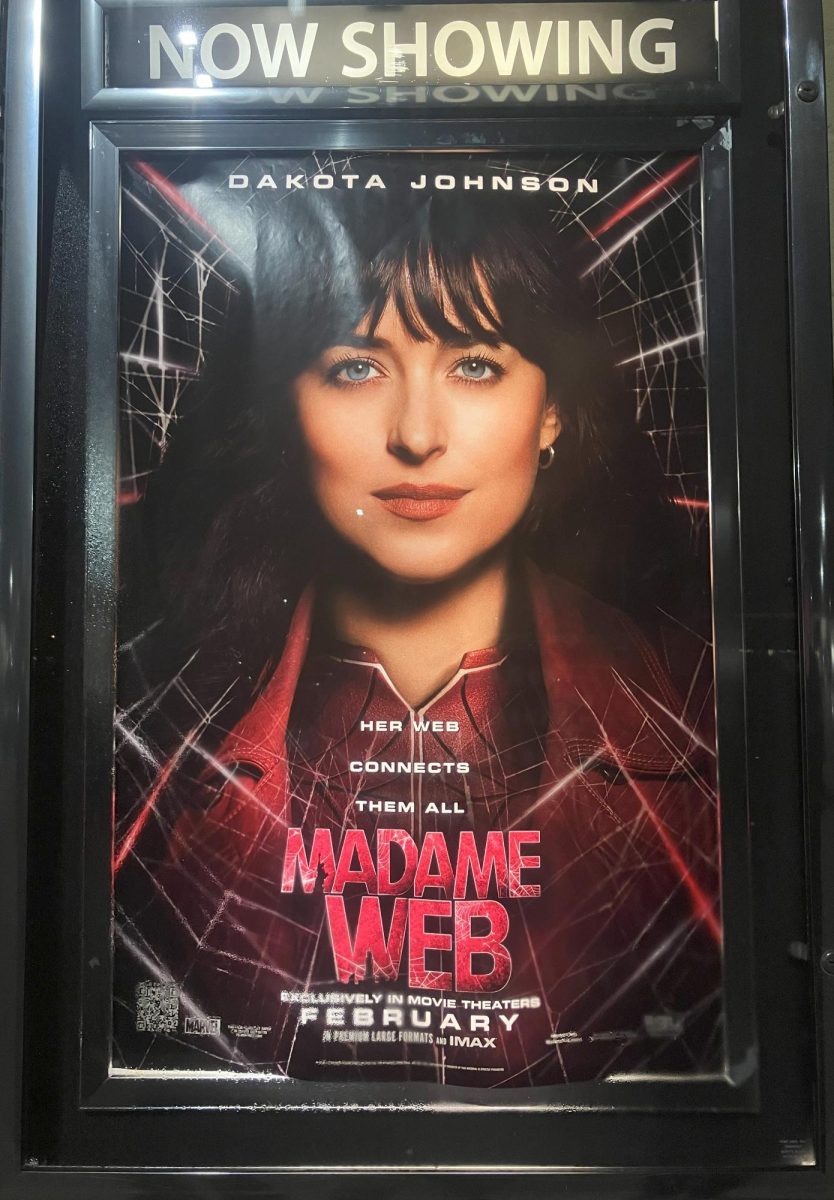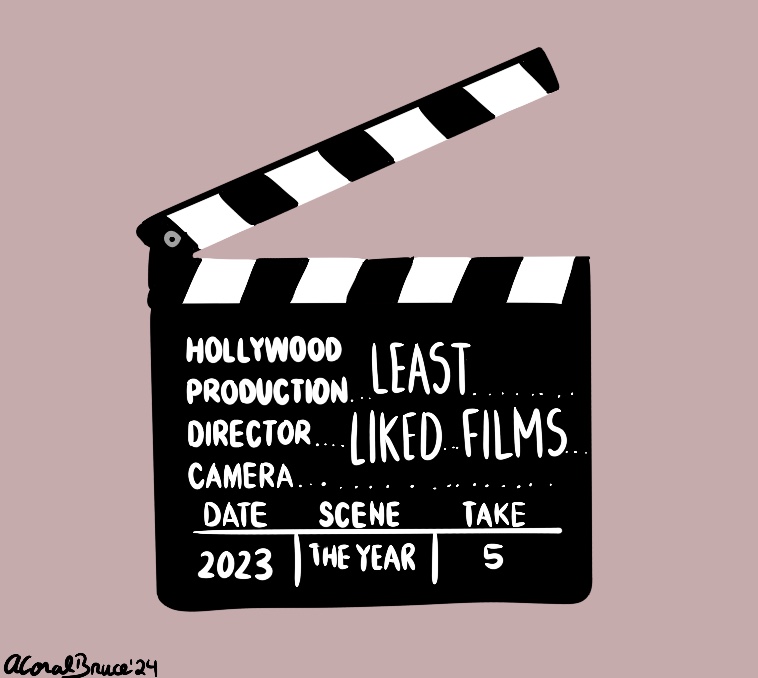That “don’t always believe what you read on the Internet” saying has proved once again to be not only true but also forgotten.
Recently, my news feed has been flooded with people posting about Facebook’s new copyright rules. I think it is time to recognize the hoax and admit that we should be a little more suspicious of online content origins.
The post in question read partly as follows, “In response to the new Facebook guidelines I hereby declare that my copyright is attached to all of my personal details, illustrations, comics, paintings, professional photos and videos, etc. (as a result of the Berner Convention). For commercial use of the above my written consent is needed at all times! (Anyone reading this can copy this text and paste it on their Facebook Wall. This will place them under protection of copyright laws).”
The post continued to use false facts when it went on to say, “By the present communiqué, I notify Facebook that it is strictly forbidden to disclose, copy, distribute, disseminate, or take any other action against me on the basis of this profile and/or its contents… Facebook is now an open capital entity…If you do not publish a statement at least once, you will be tacitly allowing the use of elements, such as your photos, as well as the information contained in your profile status updates.”
This encouraging message is a total hoax, so don’t fall for the fancy wording and save yourself the embarrassment later.
First off, a Facebook post would make no legal difference.
Also, you are protected by copyright law no matter what. When you upload content on Facebook, you are giving the website the ability to show it.
The key word in that sentence is you. You decide what is posted and to whom, not Facebook.
There is also no such thing as a Berner Convention; there is a Berne Convention, but it is for fictitious books.
I think many people are confused since Facebook is now a publicly traded company. However, this new change is completely unrelated to their policies.
I think this is yet another perfect example of how misinformed people can be. Once again, think before you post. Just because some fancy jargon is thrown around, doesn’t make it true.
Overall, this should be another eye opener about online content. Be proactive when you read things online. Go and search for information from reliable sources. Don’t copy and paste anything. Research and come up with your own opinions. Be creative and use your own words.
Once you are fully informed, then I strongly encourage you to use social networking sites. That is what they are for, to provide a place for free expression, just make sure you know what you are talking about.
That way you will not only be better informed for your own personal use, but also will be better representing yourself on social media.
Alyssa Townsend
Opinion editor
Alyssa Townsend can be reached at [email protected].






